The data economy is when the data available to a company is harnessed to deliver better services or improve efficiency.
A familiar example of smart use of data is the pre-completed tax return, which saves millions of Finns time and effort each year. We’re all also familiar with social media services that use the data they collect about users to create a video feed so addictive that it’s hard to put your phone down. In the energy sector, the past year has seen a growing number of products and services appear on the market that use data on electricity prices and weather conditions to optimise electricity consumption, delivering significant savings for every household.
So there are already domestic examples of the development of data economy services, which are rapidly spreading to the rest of the world.
Here we focus on three data economy trends to watch.
Trend 1: data brokerage – the value of data increases as it is aggregated and becomes more abundant
Data becomes more valuable when it is combined with other data. For example, a farmer uses soil sensors to collect data from his fields to try to optimise fertilisation and other measures. If he could compare his data with neighbouring fields, he could draw better inferences. But few businesses are willing to share their data with potential competitors.
The solution to this will be EU registered data brokerage services that can collect data from businesses in a particular sector and share it in an agreed way across the ecosystem Data ecosystem Several data networks can form a data ecosystem, “a network of networks”, in which the members collaborate with each other to share and use data, as well as to boost innovation and new businesses. Open term page Data ecosystem . These brokerage services will not be able to use the data themselves, and mutually agreed fair rules will ensure that no trade secrets are shared. Fair sharing benefits everyone.
There are already businesses in Finland that offer software and services for data brokerage and data ecosystem building. But the sector is still in its infancy and there is plenty of unrealised business potential.
With data brokering and industry-specific data-sharing rules at the EU level, Finnish businesses can easily expand their activities to Europe.
Trend 2: Businesses are challenged to play by the rules of the data economy
In Finland, we have come to trust that restaurant food is safe to eat. This is guaranteed by numerous food, hygiene and restaurant regulations. The same is true in other sectors. Electrical appliances are safe because their manufacturers have to follow strict product safety rules.
Businesses that deal with data must be able to operate according to the rules of the data economy. Because data is abstract and complex, the rules are not always obvious. Simply bringing data protection up to the level required by the GDPR will require effort on the part of businesses. The EU’s data strategy has brought a lot of additional regulation to data processing. These rules will improve services, increase protection for individuals and also create markets, but keeping up with them will be an increasing task for businesses. Small businesses in particular may find it difficult to keep up with everything.
The good news is that because data regulation is about data, and data is on computers, it can also be processed automatically. So it’s possible to build in automated checks, processes and alerts to help businesses comply with the rules. These are called regulatory technologies (‘regtech’). Regulatory tools and services aim to help small businesses in particular to adapt to the regulatory environment.
Trend 3: the data economy is already here and its benefits are undeniable. The smart use of data should be accelerated in all businesses.
The Roadmap for a Fair Data Economy focuses on finding ways to develop the data economy, strengthen our national competitiveness and create wealth through the data economy. In principle, this is all to be welcomed, but businesses and educational institutions have been looking for concrete examples to go alongside the rhetoric: What is the data economy in practice?
To help meet this need, Sitra launched a call for the most interesting data economy solutions in the spring of 2023. The applications were evaluated in the autumn, and now there are concrete examples available from all over Finland in many areas of business.
In December, we published the list of Most Interesting Data Economy Solutions, which brings together 24 insightful and data-driven examples. The solutions selected for the list are intended to inspire every Finn and help them understand in practice the opportunities that data can bring to our society from the perspective of individuals, employees and businesses.

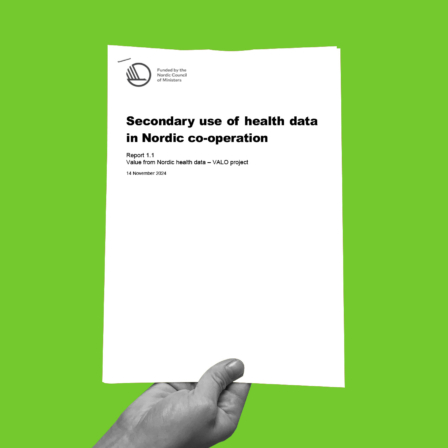
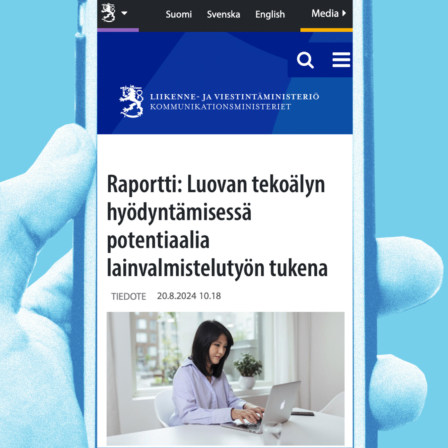

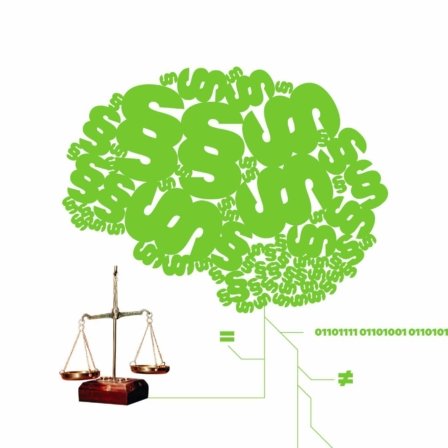
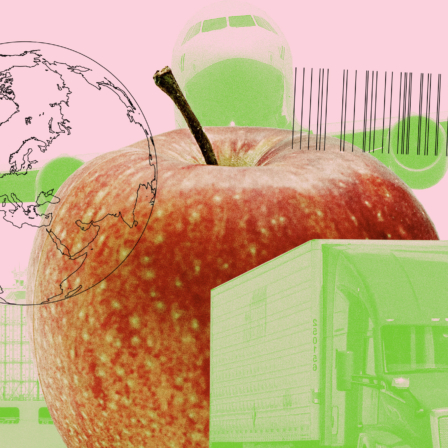


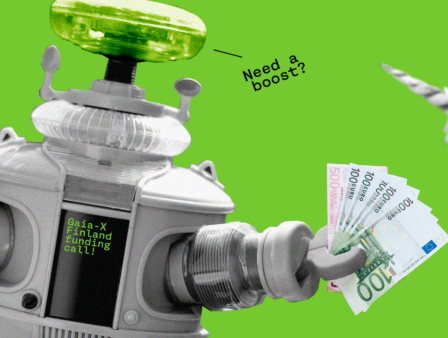


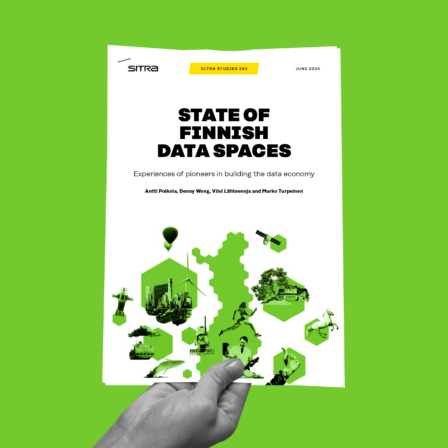
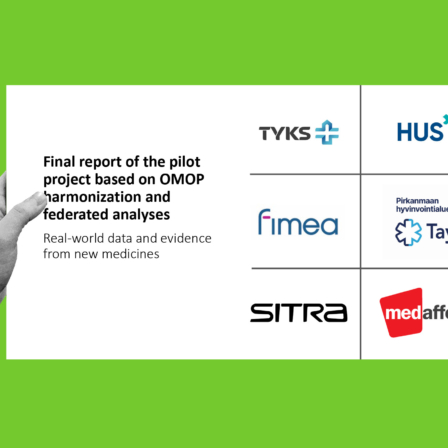

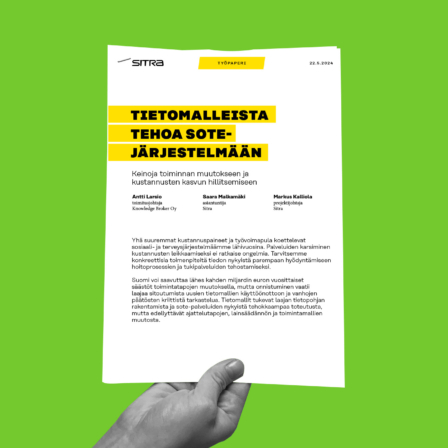
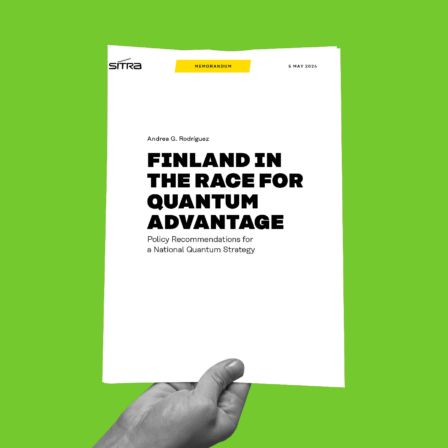

Recommended
Have some more.